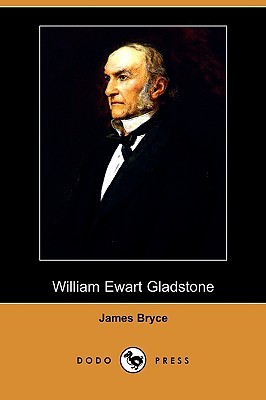
- We will send in 10–14 business days.
- Author: James Bryce
- Publisher: Dodo Press
- ISBN-10: 1409978419
- ISBN-13: 9781409978411
- Format: 15.2 x 22.9 x 0.3 cm, minkšti viršeliai
- Language: English
- SAVE -10% with code: EXTRA
Reviews
Description
James Bryce, 1st Viscount Bryce, OM, GCVO, FRS, PC, FBA (1838-1922) was a British jurist, historian and politician. He went to Trinity College, Oxford, and in 1862 was elected a fellow of Oriel. He went to the bar and practised in London for a few years, but he was soon called back to Oxford as Regius professor of civil law (1870-1893). His reputation as a historian had been made by his work on The Holy Roman Empire (1862), and his reputation in America was made by The American Commonwealth (1888) - the first in which the institutions of the United States had been thoroughly discussed from the point of view of a historian and a constitutional lawyer, and it at once became a classic. He was an ardent Liberal in politics, and in 1880 he was elected to parliament for the Tower Hamlets constituency of London; in 1885 he was returned for South Aberdeen, where he was re-elected on succeeding occasions and remained a Member of Parliament until 1907, when he was appointed British Ambassador to the United States of America, which he kept until 1913.
- Author: James Bryce
- Publisher: Dodo Press
- ISBN-10: 1409978419
- ISBN-13: 9781409978411
- Format: 15.2 x 22.9 x 0.3 cm, minkšti viršeliai
- Language: English English
James Bryce, 1st Viscount Bryce, OM, GCVO, FRS, PC, FBA (1838-1922) was a British jurist, historian and politician. He went to Trinity College, Oxford, and in 1862 was elected a fellow of Oriel. He went to the bar and practised in London for a few years, but he was soon called back to Oxford as Regius professor of civil law (1870-1893). His reputation as a historian had been made by his work on The Holy Roman Empire (1862), and his reputation in America was made by The American Commonwealth (1888) - the first in which the institutions of the United States had been thoroughly discussed from the point of view of a historian and a constitutional lawyer, and it at once became a classic. He was an ardent Liberal in politics, and in 1880 he was elected to parliament for the Tower Hamlets constituency of London; in 1885 he was returned for South Aberdeen, where he was re-elected on succeeding occasions and remained a Member of Parliament until 1907, when he was appointed British Ambassador to the United States of America, which he kept until 1913.


Reviews